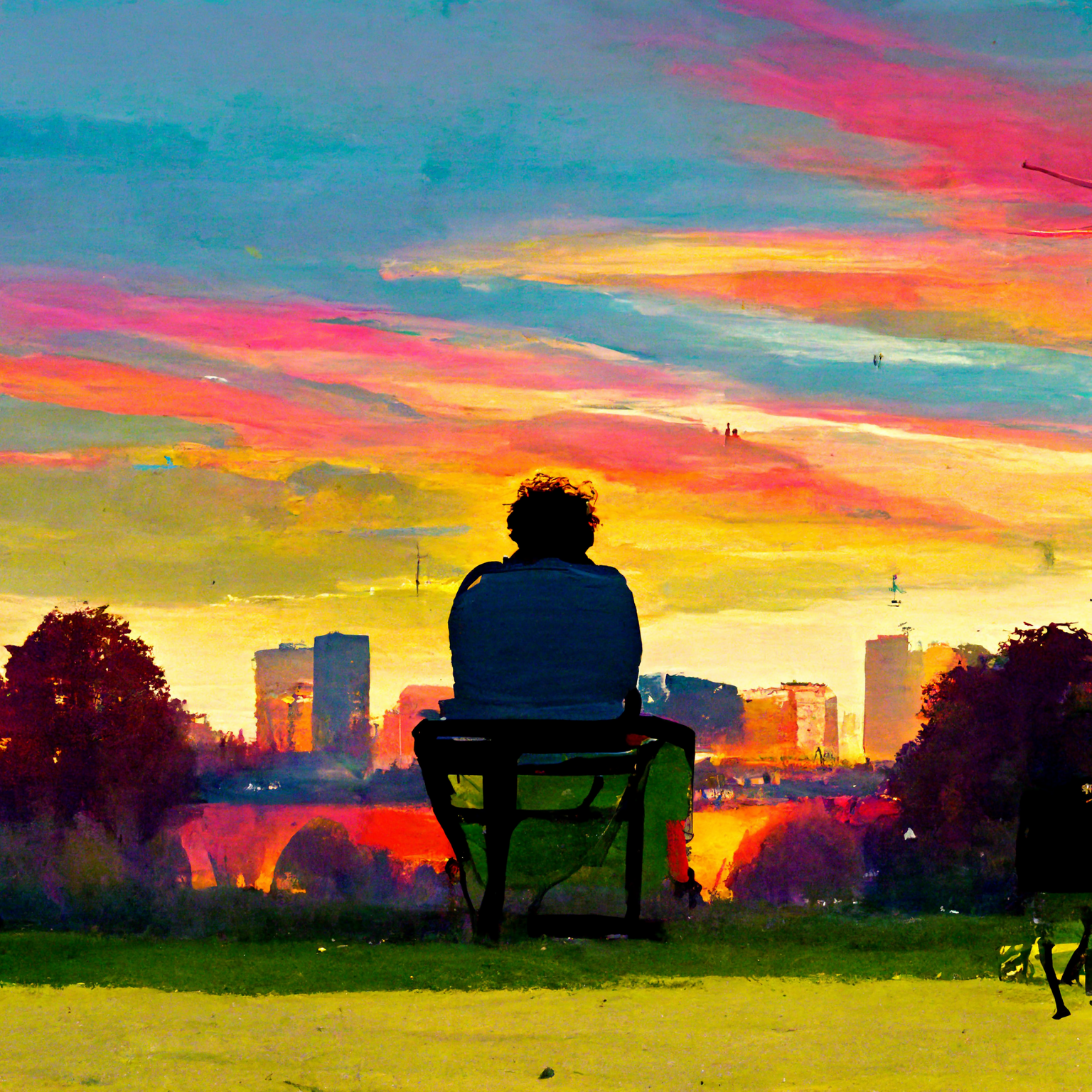An essay on and an analysis of what I think are important quotes
An essay on quotes.

[this page remains unfinished because more quotes get added with time]
Quotes are funny things. They represent the distillation of ideas across space and time. Indeed, they tend to get referred to again and again because what they've said or embody for stands the test of time.
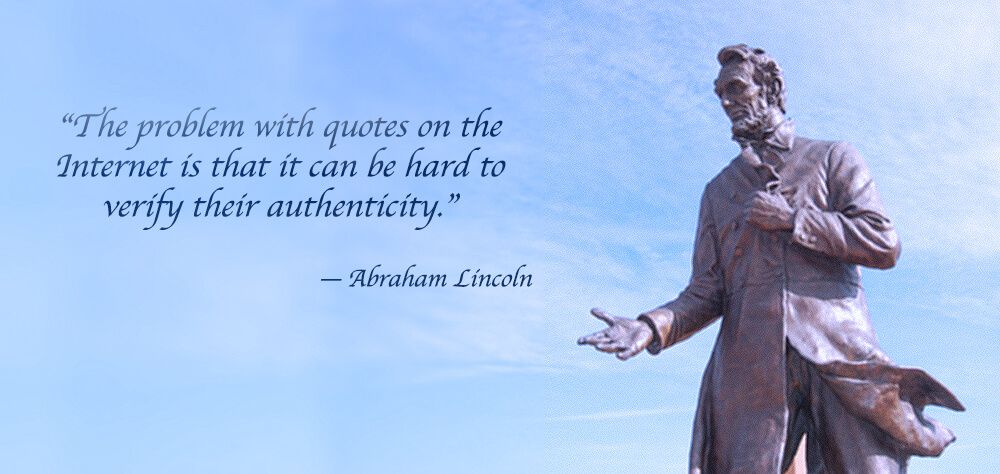
In other words, quotes survive in part because people value them as good ideas and think they are worth keeping. Of course, there are also no end of bad quotes and ideas that are retained over time.
How do we decide which are better?
We have conversations about how these ideas influence the world in ways that we think are valuable. The technology we call writing is the ability for conversations to happen throughout time, keeping good ideas and alive, critiquing bad ones, and letting what is new and relevant for our age emerge.
We can identify a good or bad idea by tests of our own choosing. That is, we can choose to evaluate an idea based on something relevant to us in this place and time, such as: reducing suffering in terms of human pain felt, its impact on mental health, on young people, it's impact on our fellow animals or on job creation.
To evaluate ideas, we can set the criteria that is relevant to us and our goals.
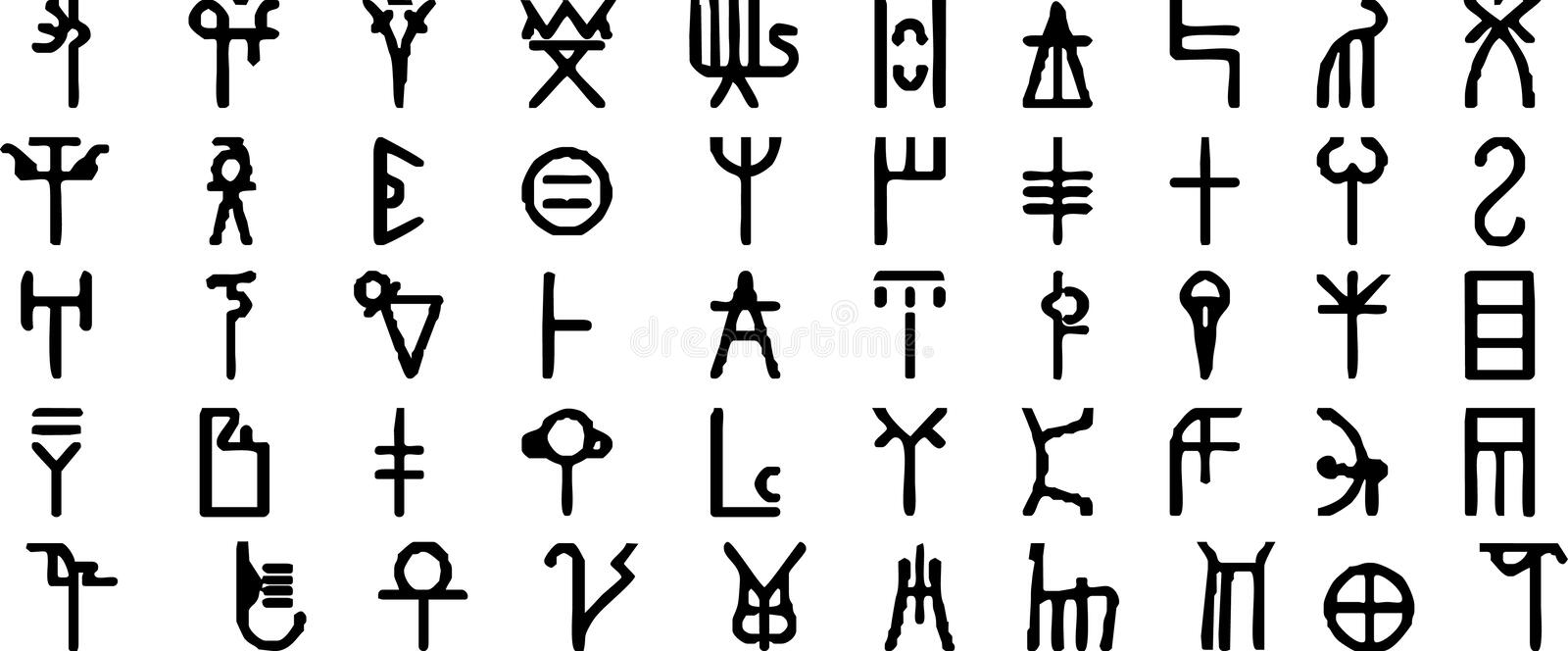
History is full of people who "said things", what we call quotes. Many ideas and quotes are not new, but are variations on a theme.
In this sense quotes are recycling factories - it's amazing people are still interested in this stuff. And yet here we are - we have an insatiable curiosity to understand our world, represent it through language, communicate with, and learn from each other.
A good thing too because this drives our improvements throughout the course of history, however you wish to measure it. What is beyond dispute is the fact that each human is born naked, vulnerable, and cannot live without the support of a lifetime.
Rolling back the hands of time we realise that wealth has been created by human ingenuity over time because by definition we are all born into poverty. Poverty eradication is one of the ways we have carved out a world that is, ultimately, better than what came before.
Despite the recycling, there really are continual fresh insights, because, although the world and its inhabitants remain relatively stable across time, things constantly change.
We live in a dynamic place that needs new ideas, new thinkers, continuously. Our solutions to problems fix something old and create some new problem.
The world, I think, would be pretty boring if we didn't need new ideas. Thankfully, we'll never reach utopia.
I imagine the world of ideas as a traditional marketplace, in which people are bartering back and fourth negotiating, putting their price forward, rejecting, and making deals.

History = written records, dug up, traced through biology, mathematically modelled or postulated through the evidence we have (reverse engineering) - e.g., the theory of evolution.
When Darwin proposed his theory of natural selection he used the term mind-bending to describe the length of time that must have passed allowing small variations on the theme of life to compound giving rise life as we know it today.
The history of quotations has a similar mind-bending property - we simply do not have the true record of who said what, when or where.
What we do have, however, is worth cherishing because it is the conversation of a species; it is our collective voice.

So while I love quotes, I recognise that I am probably quoting someone wrong, or they are actually expressing an idea that is much older than they are, perhaps without even realising it themselves.
One way to think about the difficulty of quotes is the game of Chinese whispers. What starts out at the phrase "the cat in the hat" becomes "the rat ate on the mat".
Keeping things completely stable across space and time is incredibly difficult. Nevertheless, I think as a human culture we're pretty good at this. It is the real job of the historian to act as both the observer of and gatekeeper for truth bending and truth itself.
As I go through life I want to read the ancient texts of our human culture. Things like The Bible, Egyptian, Greek and Roman philosophy, the writings from ancient Asia and China.
As I began to read more I noticed themes emerging from authors of diverse disciplines - fiction writers, psychologists, biologists, philosophers - of referencing or quoting that which is old. It seems that we recognise wisdom in our history, and our modern ideas are build upon the foundation of previous human thought - rather than simply "new".
I imagine this as idea Tetris, where new ideas build on foundational old ones. I think it happens all the time in life:
Cognitive behavioural therapy, for example, is built on ancient philosophy, and;
writing on our ability to manipulate sounds for meaningful communication, and;
social networks built on psychological research with rats whose brains work the way they do because of millions and millions of years of evolutionary history, and hence do a great job at modelling our own.
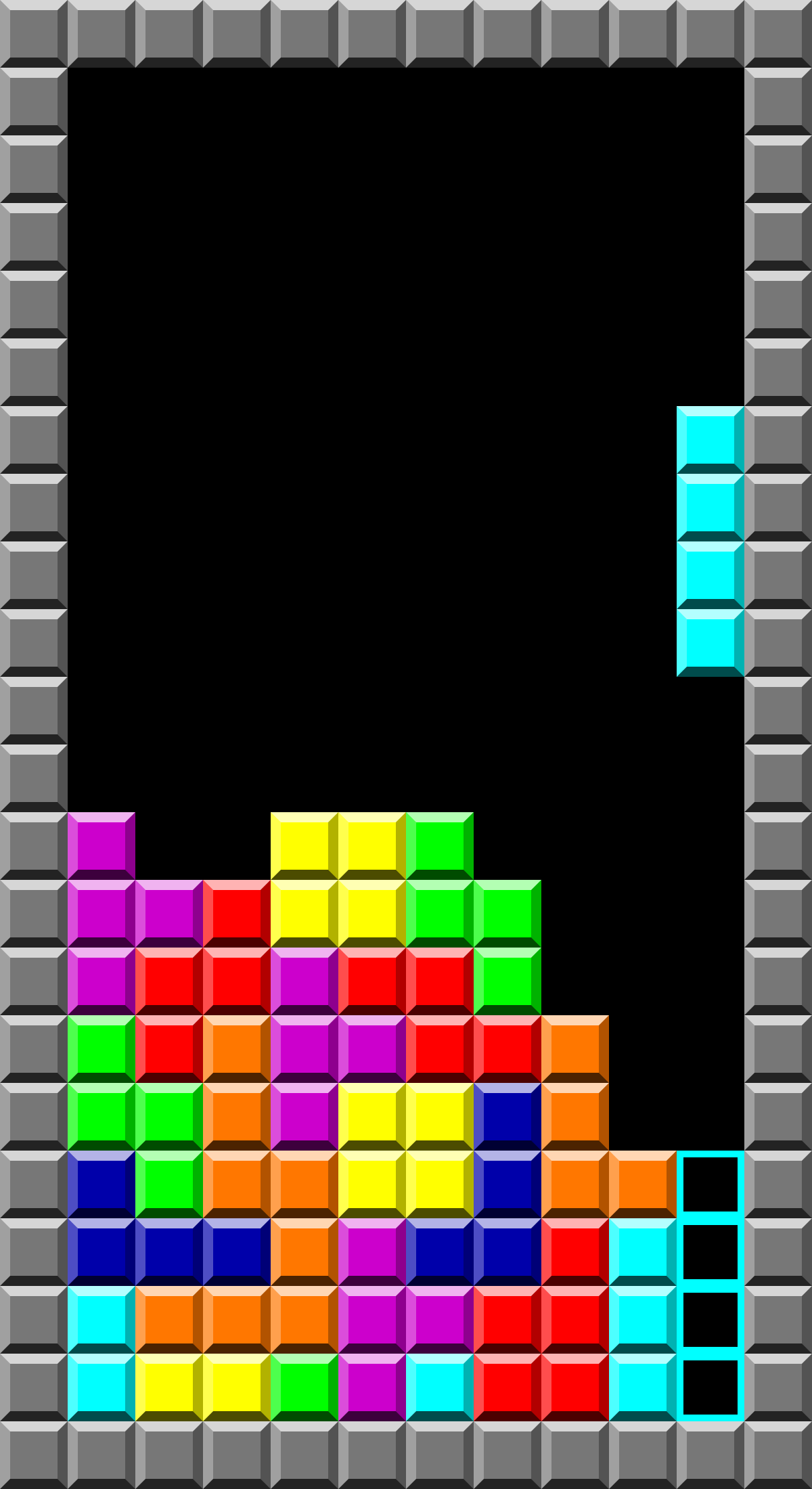
To quote something is to quote somebody who history has been lucky enough to remember. The logic of statistical base rates instructs us to remember that for every person we quote, we are leaving behind innumerable voices who didn't make the historical record, but who may have offered important contributions.
It was the Muslim philosophers, for example, who gave the work of Aristotle to the West. Quotes and ideas can get lost in time and discovered hundreds of years later.
Who knows how many good quotes and ideas have been left in the trenches of history.
And so we open with a favourite quote and analogy of mine from a non-traditional academic.
1) Nassim Nicholas Taleb, The Black Swan (2008):
"History is opaque. You see what comes out, not the script that produces events, the generator of history...This disconnect is similar to the difference between the food you see on the table at the restaurant and the process you can observe in the kitchen."
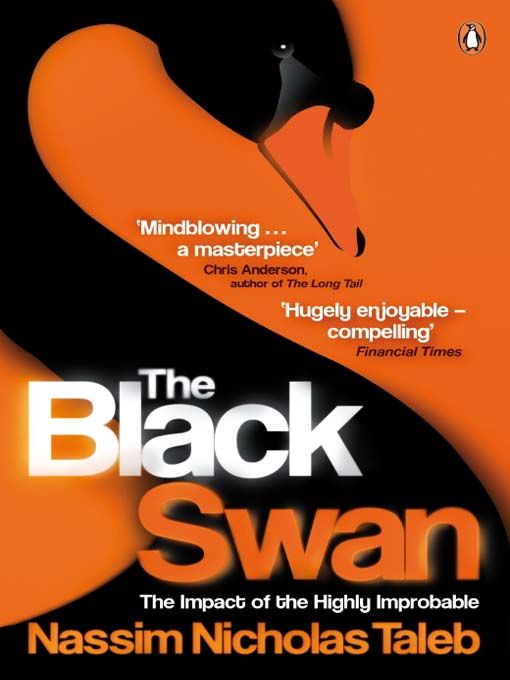
We order food at the restaurant and see what comes out. What we have missed is all the interaction, preparation, and conversation that took place in order for the food to get to us.
In short, the kitchen is the generator of history and the restaurant is the history we know and read about.
Anyone who has worked in hospitality will understand the difference between the work behind the scenes and serving the customer. It is this mechanism that does a good job of explaining the history of quotes, evolution, and history in general.
It's a great way to begin this page.
I propose that in the future - the digital future - it will be possible to bridge some of the gap between kitchen and service.
Increasingly, future generations will be able to see, listen to and hear us.
It remains to be seen how it will all play out, but I'm along for the ride and happy to contribute to the noisy marketplace of ideas!
